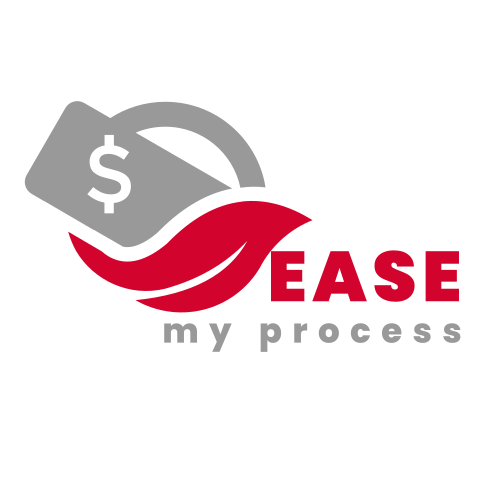- Published on
Mastering Your Investor Pitch: Key Questions in Financials
- Authors

- Name
- Ease Pro
Mastering Your Investor Pitch: Key Questions in Financials

When pitching to investors, your financial story is just as important as your vision.
Investors want to see not only that your business idea has potential, but also that your financials are transparent, realistic, and scalable.
In this post, we'll break down eight crucial financial questions you must be ready to answer — and how to answer them with confidence.
1. What's Your Revenue Model?
This is the foundation of your business's financial engine — how you make money.
Common revenue models include:
- Subscription-based (SaaS, memberships).
- Transaction-based (e-commerce, marketplaces).
- Licensing or royalties.
- Advertising or affiliate income.
Pro tip: Be specific and show why your model is sustainable. Investors want to know if it's scalable, recurring, and profitable.
2. What's the Current Valuation?
Your valuation reflects how much your company is worth today.
It can be based on:
- Comparable companies in your industry.
- Revenue multiples.
- Growth potential and intellectual property.
Tip: Be prepared to justify your valuation with data, not just optimism.
3. What's Your Burn Rate?
The burn rate shows how quickly you're spending money before turning a profit.
Investors will use this to estimate your runway — how long your business can survive before needing more funding.
Example:
If you spend 200K in the bank, you have a 4-month runway.
4. What Are Your Gross Margins?
Gross margin is the percentage of revenue left after subtracting the cost of goods sold (COGS).
It's a key measure of profitability at the product or service level.
Why it matters: High gross margins indicate a healthier business model and more room to invest in growth.
5. What Is the Current Cap Table?
The cap table shows who owns what in your company — founders, investors, and employees with equity.
Tip: Be clear and accurate. A messy cap table can scare off investors.
6. What's Your Exit Strategy?
An exit strategy outlines how investors will eventually get a return on their investment.
Common options include:
- Acquisition by a larger company.
- Initial Public Offering (IPO).
- Founder or management buyout.
Pro tip: Even if an exit is years away, show you've thought about it.
8. Do You Have Any Existing Debt?
Investors want to know about loans or financial obligations your business carries.
It's not a dealbreaker — but transparency is key.
Tip: Be ready to explain how the debt is structured and how it impacts cash flow.
9. How Much Funding Is Required?
This is the moment to clearly state:
- The total capital you need.
- How you'll use the funds (marketing, hiring, product development, etc.).
- The milestones you aim to achieve with that funding.
Pro tip: Tie funding needs to specific, measurable growth targets.
Final Thoughts
In the Financials section of your pitch, investors are looking for two things:
- Clarity — Do you know your numbers inside and out?
- Credibility — Can they trust that your projections and claims are realistic?
When you answer these eight questions with confidence, backed by hard data, you send a powerful message:
You're not just an idea person — you're a disciplined, investable business leader.
